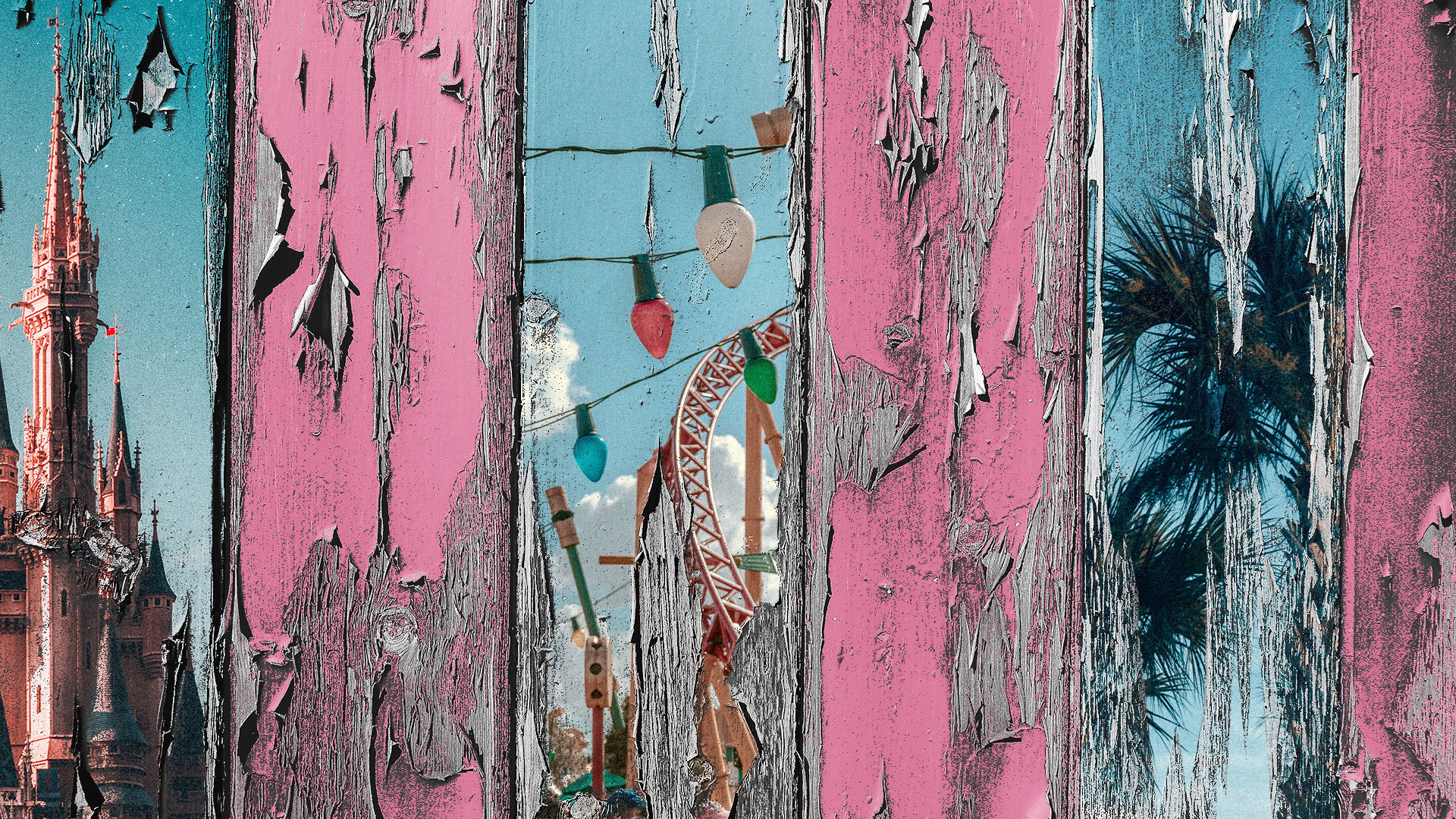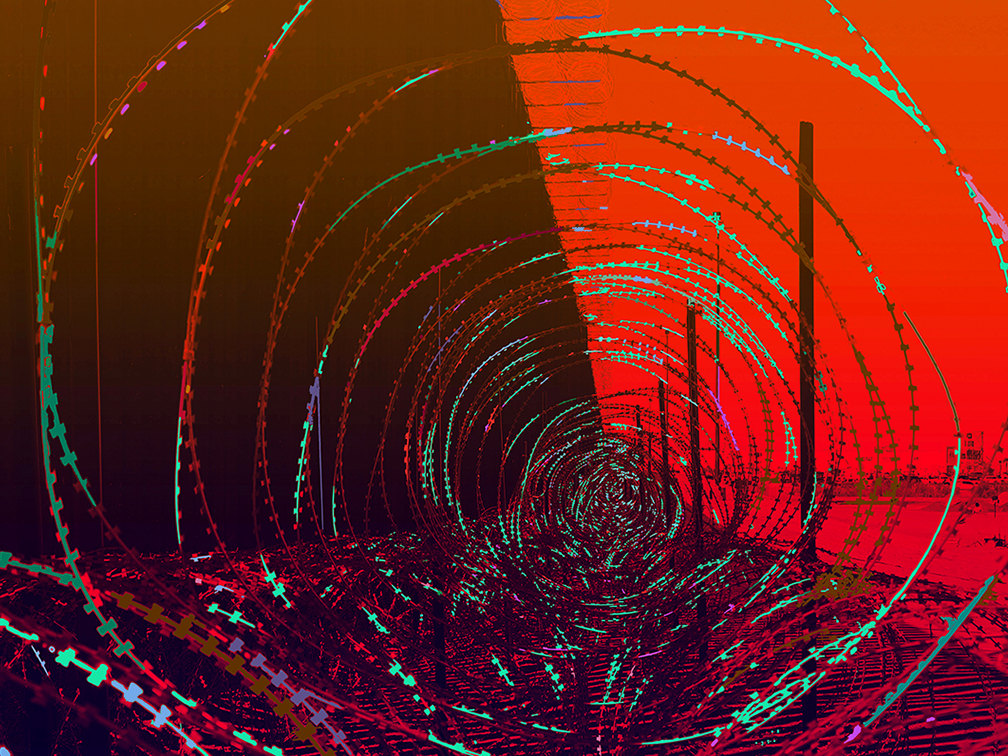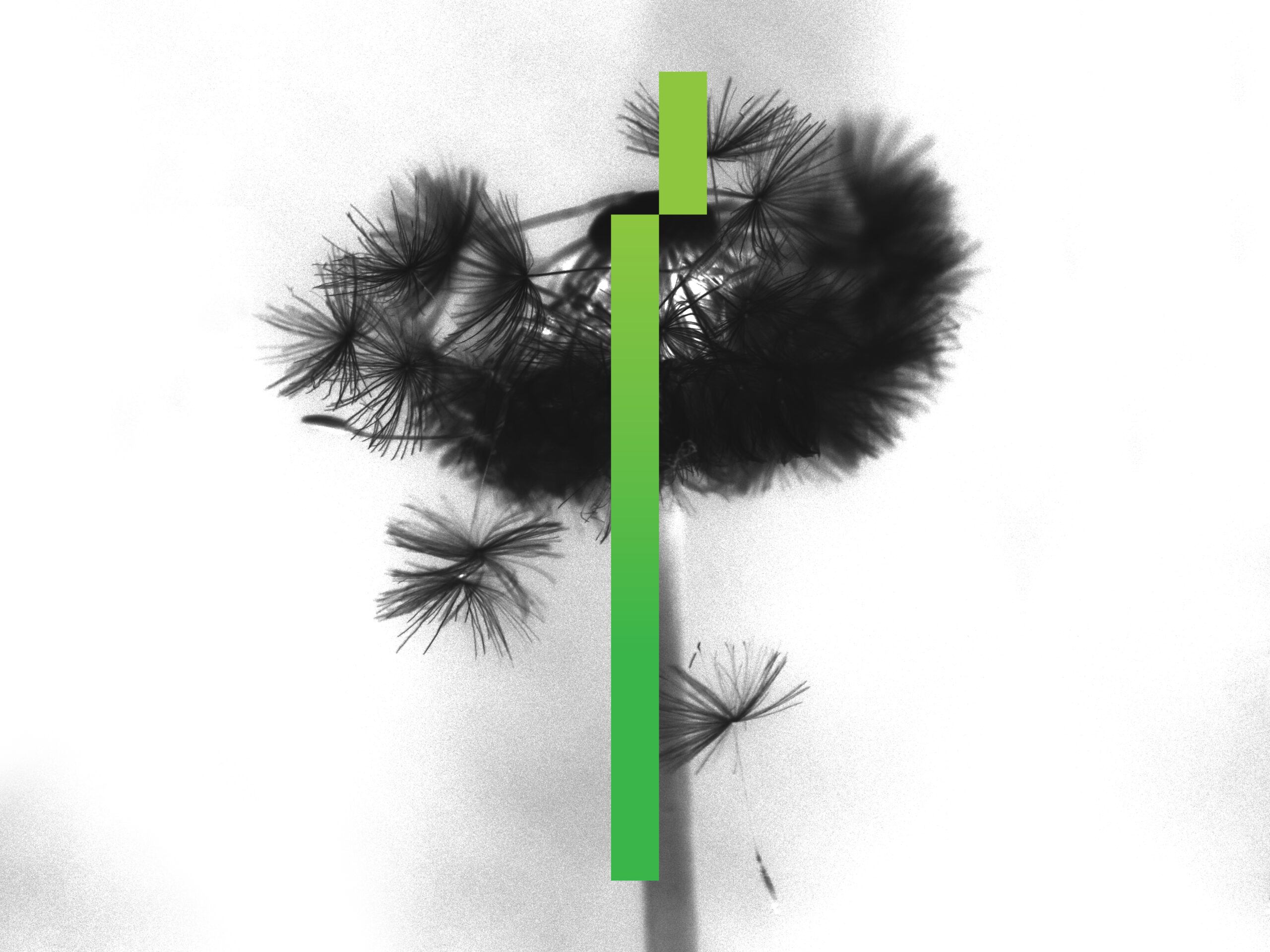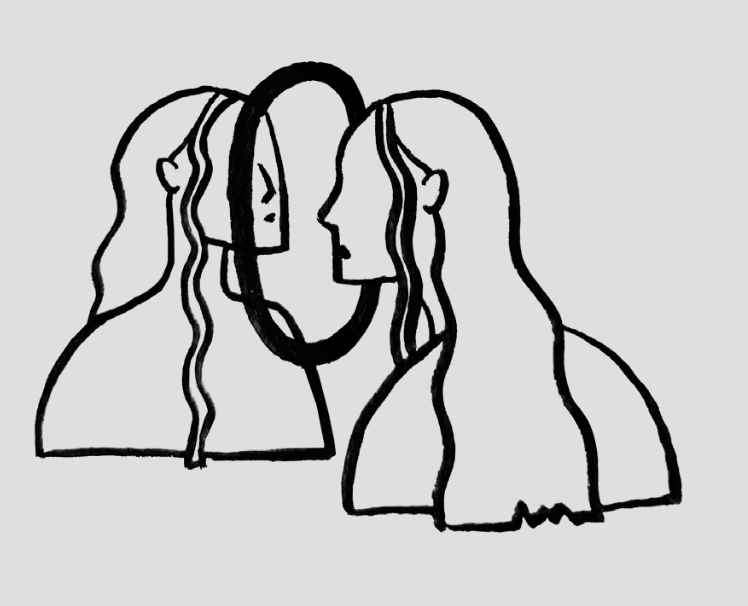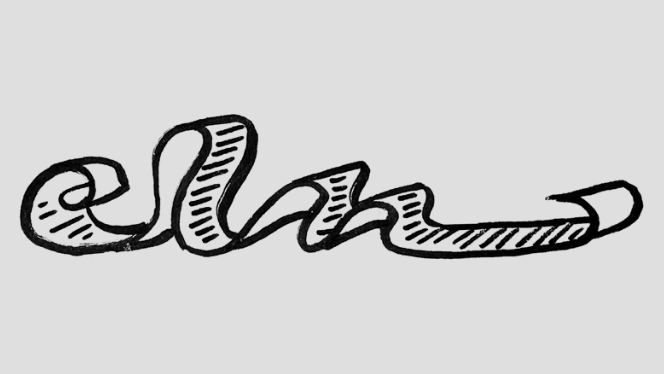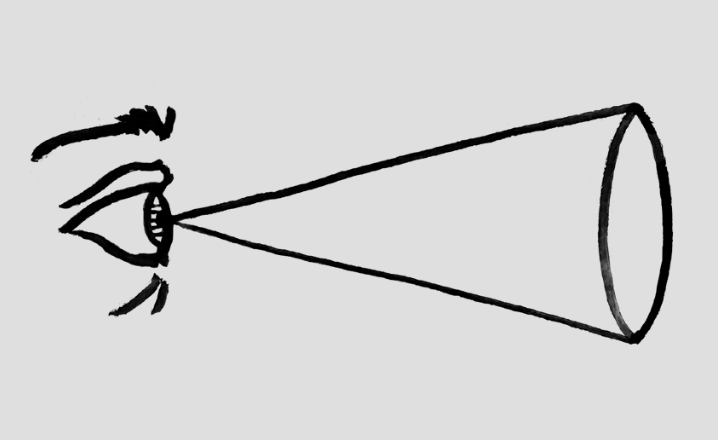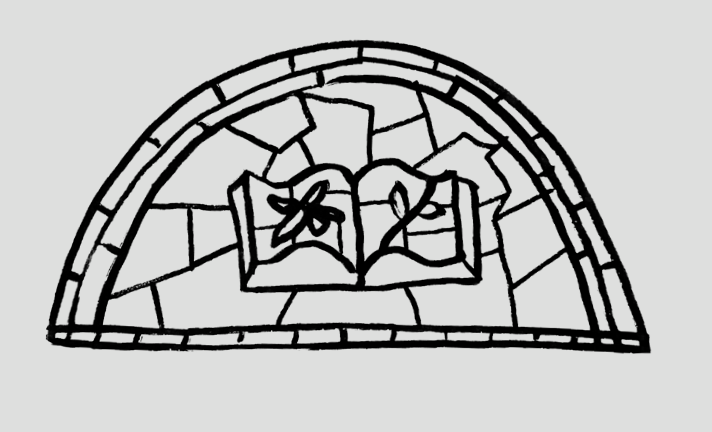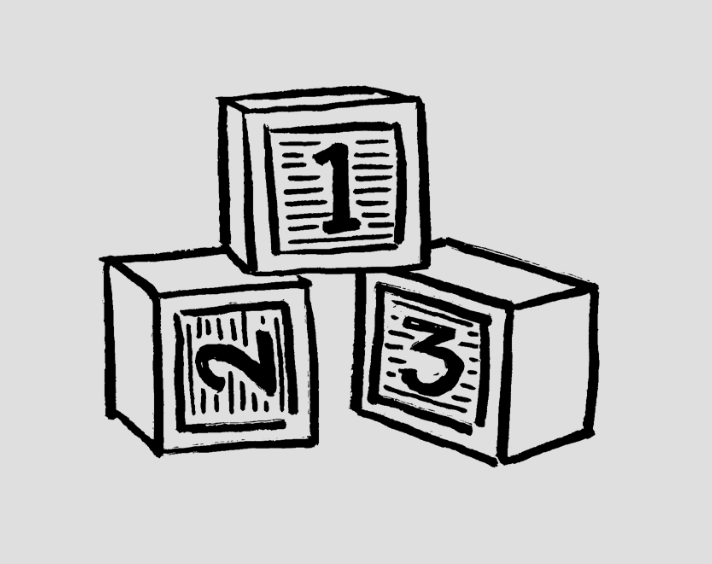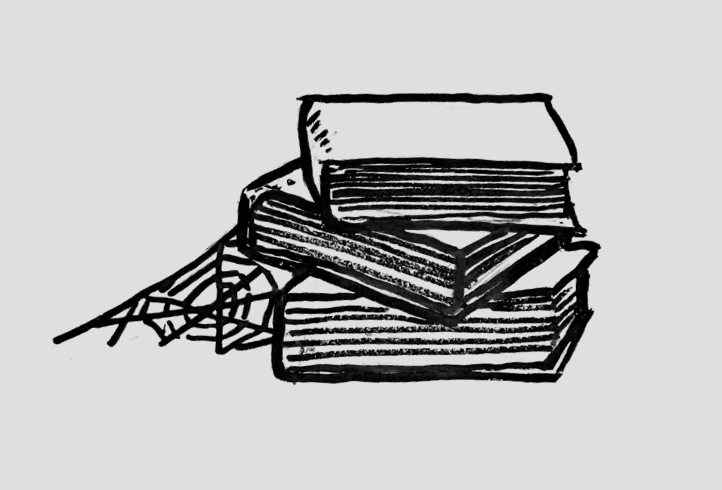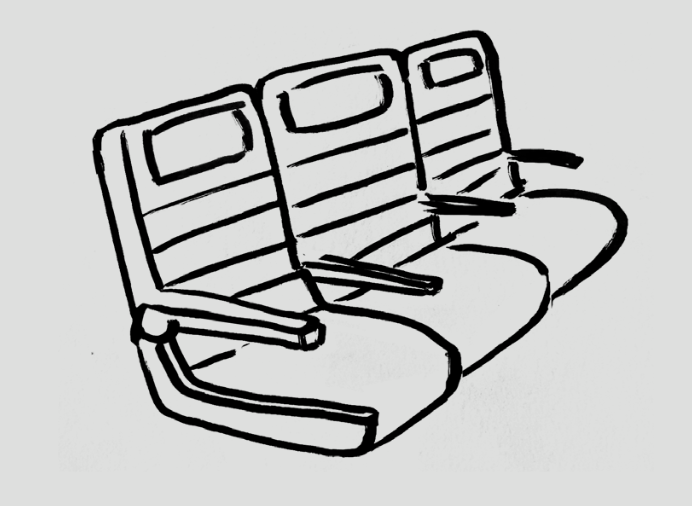Latest
June 14, 2022
Not-So-Magic Kingdom | Disney Takes on the Affordable Housing Crisis
Gaby Del Valle
Celebration was supposed to be the perfect town. Entirely planned by the Walt Disney Company in the early ’90s, the Central Florida development — located less than a dozen miles from Magic Kingdom — was billed as a 1950s-style suburb for the twenty-first century. Celebration would be “a place that takes you back to that time of innocence,” one early ad for the community promised, “a new American town of...
June 14, 2022
The Air We Move Through | Rhetoric, Bureaucracy, and the Immigration Debate
Elisa Gonzalez
In September 2020, Dawn Wooten, a nurse at a privately operated immigration detention center in Irwin County, Georgia, filed a whistleblower complaint that alleged “jarring medical neglect” at the facility. The brief was 27 pages long, but it was only the contents of a page-and-a-half (section 4, subsection D) that caught the public’s imagination: hysterectomies conducted without the consent or knowledge of migrant women. Wooten’s account of a “uterus collector”...
June 14, 2022
Groom XII | Poetry
Isabel Duarte-Gray
if I go to heaven I want to ask is there such thing as a tasteful lawn ornament: how does one improve a grass rhombus to such hue as to declare oneself bound by contract to poison all surrounding flora until scott pruitt’s o-face leaks scott peterson’s crocodile tears a second question I’m saving is, when is pain real? does it require two persons: one to throe and one to...
June 14, 2022
“Room for More”
Sanjena Sathian
These days, in the literary world, the only thing trendier and triter than writing autofiction is hating autofiction. But love or loathe it, you can’t avoid talking about it — and its uncertain future. For a decade, it has reigned as the successor to the highly narrativized, stylized, maximalist “hysterical realism” of the late 1990s and early 2000s. After tiring of books like Zadie Smith’s White Teeth, Jeffrey Eugenides’s Middlesex,...
June 14, 2022
“An Opportunity to Act”
Tope Folarin
Two new literary genres emerged during the opening weeks of the pandemic. The first, the pandemic journal, proliferated almost as quickly as the virus that kept millions of us locked inside; by the summer of 2020 it seemed as if every literary and literary-adjacent platform had secured a roster of writers to opine about their daily habits, fears, and truncated ambitions. Depending on your perspective, the pandemic journal was either...
June 14, 2022
“The Stare”
Gabriel Smith
A friend, a physicist and schizophrenic, told me recently about how she knows a break is coming. “How I see the world completely changes,” she said. “It’s called ‘The Stare.’ Everything takes on a total hyperreality. Like reality is only what it is, and nothing else. It’s the scariest part. More scary than the break. Because you feel you’re seeing the true nature of things for the first time. And...
June 14, 2022
“Form Is Back”
Missouri Williams
Novels have become interesting again, and just in time. Readers have finally had enough of the self and its dilemmas, and writers have become less afraid of upsetting them, or of testing their patience. The protagonist of Sheila Heti’s Pure Colour, Mira, is drawn up into a leaf where she undertakes interminable philosophical dialogues with her dead father (who also lives in the leaf), while the narrator of Claire-Louise Bennett’s...
June 14, 2022
“Welcome to the Party”
Christian Lorentzen
The vogue in the 2010s for “autofiction” was a result of certain ongoing and waning trends that led to a conjuncture: 1. The memoir, once the province either of celebrities or writers at the end of the line, had risen in prominence as a commercial form. This led to a market opening for a similar genre that called itself fiction and that was less reliant on tropes of confession and...
June 14, 2022
“The Spirit of Revival”
Andrew Martin
In 2008, n+1 devoted part of its “Intellectual Situation” to the New York Review Books’s then fairly new Classics line, writing that “the spirit of revival may be the spirit of an age that believes it is at the end of something, and therefore looks around for eccentric practices and goes through its backfiles for someplace to restart.” I remember chafing at the time at the pejorative, oddly squeamish implication...
June 14, 2022
“A Loss of Resolution”
Alexandra Kleeman
With no official end or sentimental sendoff, it seems as though autofiction’s time as a reigning form, a privileged container for the contemporary moment, has begun to dwindle. In retrospect, it’s clear that we loved autofiction in part because it upheld deep-rooted myths about how special we were, even as we moved within the mundane career-building, self-constructing rhythms of our lives. In a scene from Rachel Cusk’s Outline where the...


